Losing a loved one, getting fired from a job, going through a divorce, and other demanding situations can lead a person to feel sad, lonely, scared, nervous, or anxious. These feelings are normal reactions to life’s stressors. However, if these feelings persist for over a two-week period with little to no relief and begin to impact work, family, and daily functioning negatively, it is probably time to seek help. Depression is most likely due to a combination of genetic, environmental, and psychological factors.
To help you determine if you may be struggling with depression, we have included a link to a short questionnaire to check your symptoms. Click on the button below to take the Depression Symptom Checker From MD-CALC.
This screening is not meant to diagnose a mental health condition but to provide information about symptoms. Contact us if you would like to be connected to a licensed counselor who is able to provide an accurate mental health diagnosis and treatment.





